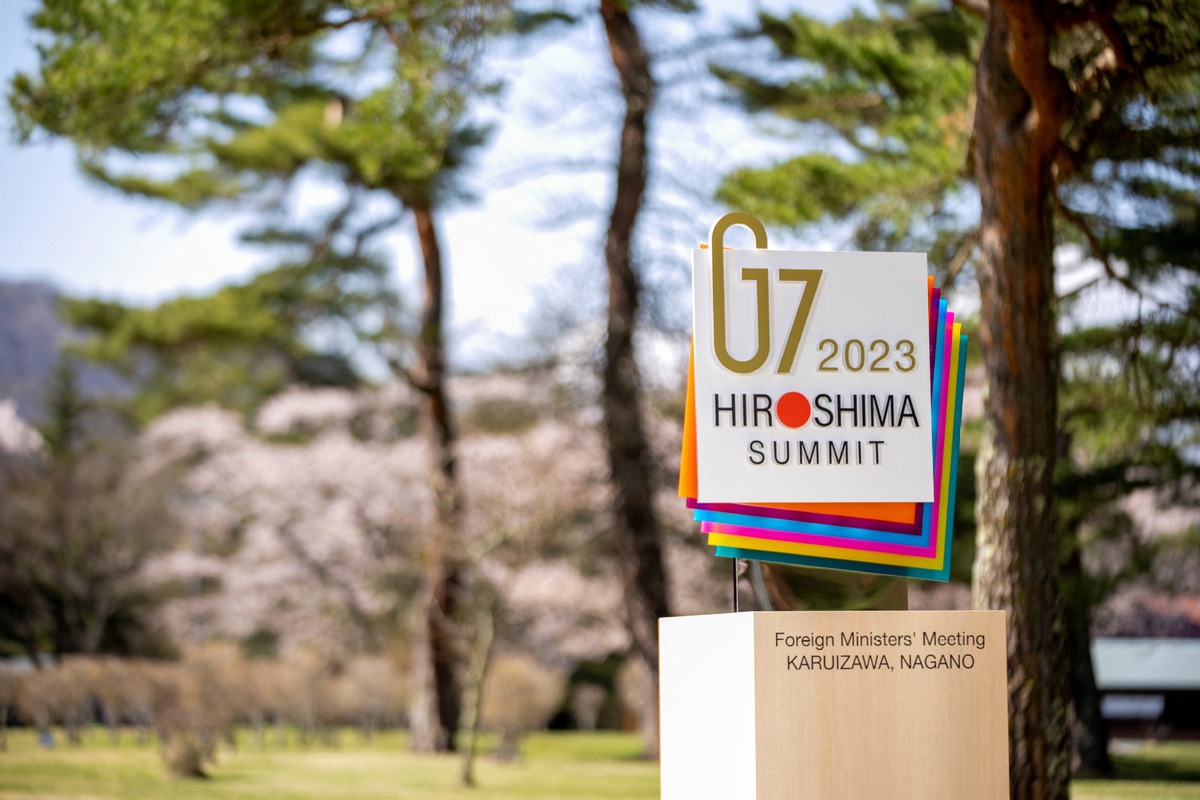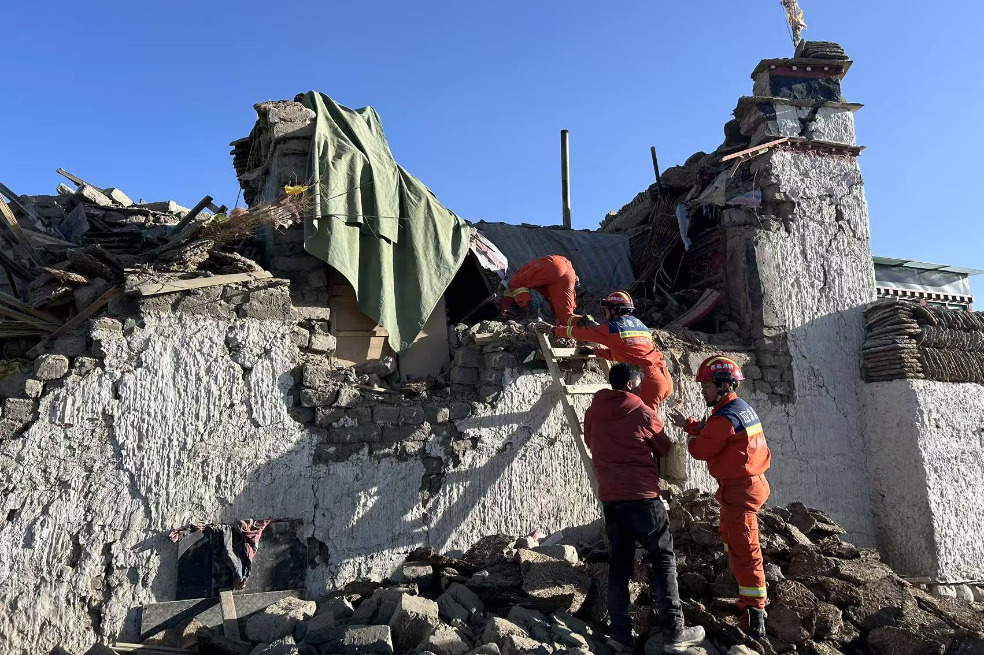Blast raises queries about Japan's G7 preparedness


There are growing concerns about Japan safely holding the G7 summit in Hiroshima in May, after a bomb went off near Japanese Prime Minister Fumio Kishida during a campaign event in Wakayama on Saturday.
Kishida tried to assuage concerns saying Japan will do its best to increase security for the summit. The country's Chief Cabinet Secretary Hirokazu Matsuno stressed that the government will ensure "watertight" security for the summit.
A well-trained special security unit under the Tokyo Metropolitan Police Department, which was set up in 1975 after then prime minister Takeo Miki was attacked, looks after the security of Japan's top leaders. However, the security system's effectiveness is under a cloud following the killing of former Japanese prime minister Shinzo Abe, who was shot twice while giving a speech on the streets of Nara in August, and the latest blast near Kishida.
The G7 summit in Hiroshima is going to give those in charge of security sleepless nights. Apart from the G7 members, Kishida's Cabinet has invited the heads of eight non-G7 countries, such as India, Indonesia, the Republic of Korea, Vietnam, Australia, and Brazil, as well as the heads of seven international organizations. The summit could see heavy security deployment as the blast targeting Kishida a day before the G7 foreign ministers' meeting is humiliating for Japan.
The G7 summit is a rare opportunity for Japan to flex its political muscle. To maximize the benefits of hosting the summit, Kishida visited five of the G7 countries in January, while making surprise visits to India and Ukraine in March. He intends to make the "Indo-Pacific" strategy the focus of the G7 summit while actively cooperating with the United States and winning the trust of other G7 members.
Japan wants to play a role in major international issues such as the Ukraine crisis. The list of non-G7 members Japan has invited to the G7 summit reflects its ambitions.
In fact, the G7 is not what it once was, in terms of both political and economic heft. Even within the G7, Japan may find it hard to forge a consensus after France proposed strategic autonomy for Europe. Therefore, no matter how large and watertight Japan's security plan for the G7 summit, it may not be the stage for Japan to become a political power.
BEIJING NEWS


































